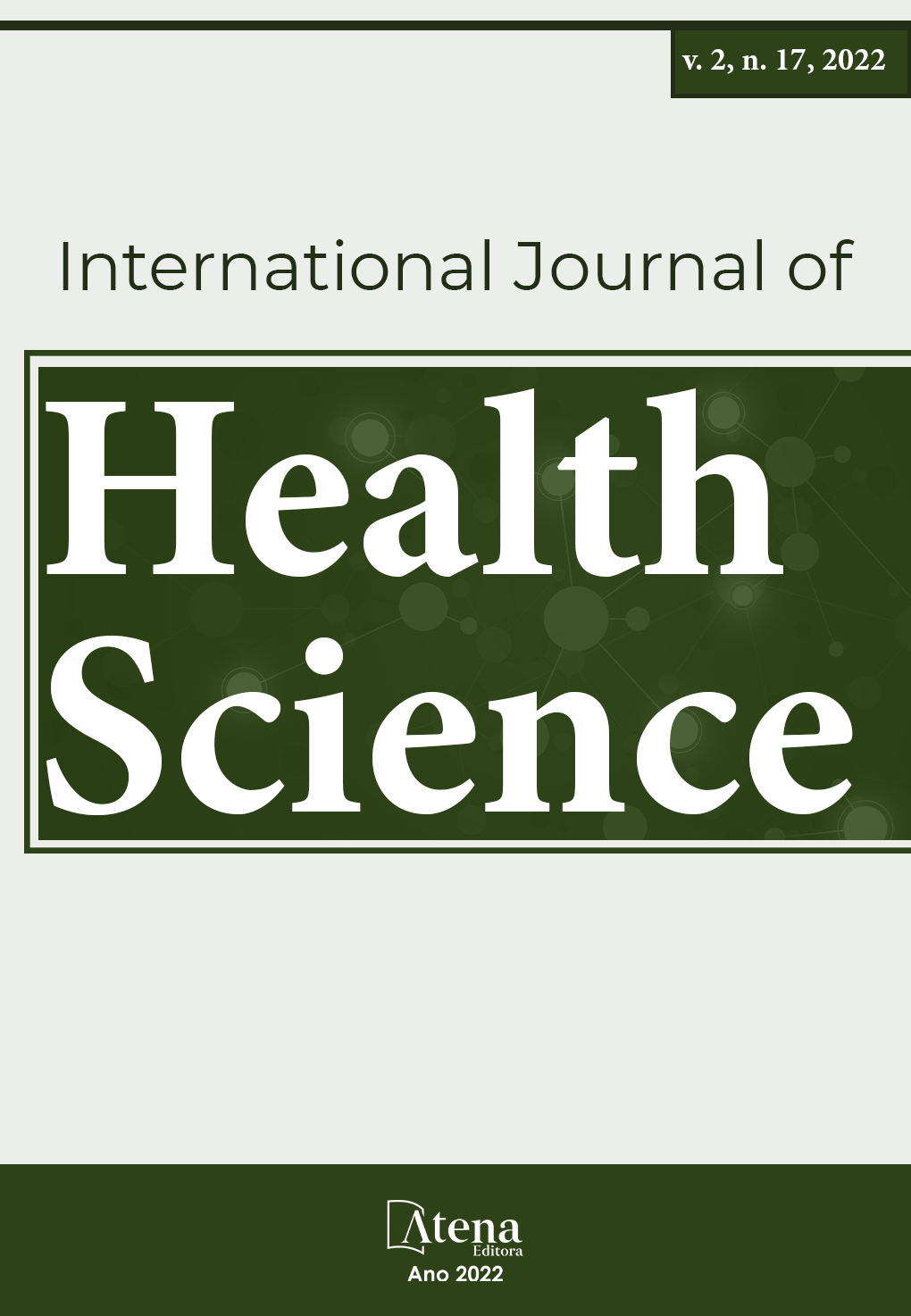
FOOD ASPECTS IN THE UNIVERSE OF DISABILITY VISUAL
Introduction: approximately 20.0% of the Brazilian population has some degree of visual impairment, which affects various aspects of the individual's life, including diet, which is related both to difficulties in buying and preparing food and to the loss of autonomy when eating. Goal: to understand aspects of food in the visually impaired universe, addressing the obstacles encountered and the mechanisms used to circumvent them, in addition to exploring the existence of national public policy guidelines focused on improving food for a better quality of life for this vulnerable group. Methodology: this is a bibliographic documentary study of an integrative literature review. Results: no studies were found that specifically addressed the topic in focus, with visual impairment being addressed as a secondary aspect of a main researched topic. Among the nine studies analyzed, high rates of obesity and overweight, greater chances of developing diabetes, low adherence to physical activity, less varied diet and difficulties related to autonomy in eating are mentioned. Only two legislations on the subject were found: the Statute of the Person with Disabilities, which does not cover the eating difficulties of the visually impaired, and the Law of Menus in Braille, of municipal scope (city of São Paulo), which would be more relevant if it reached the national territory. The main obstacles encountered were the lack of autonomy for the purchase and preparation of food, and the lack of tactile accessibility to labels and menus. The main coping mechanisms identified were the acquisition and consumption of ultra-processed foods, little varied food and help from family members and/or third parties. Conclusion: Overcoming obstacles is complex, resulting, predominantly, in a diet that is not very varied and rich in ultra-processed foods. The scarcity of studies and legislation on the subject was confirmed. It is important that more research is carried out and that new public policies are designed for this vulnerable group.
FOOD ASPECTS IN THE UNIVERSE OF DISABILITY VISUAL
-
DOI: 10.22533/at.ed.1592172221034
-
Palavras-chave: Nutrition; Blindness; Visually impaired people.
-
Keywords: Nutrition; Blindness; Visually impaired people.
-
Abstract:
Introduction: approximately 20.0% of the Brazilian population has some degree of visual impairment, which affects various aspects of the individual's life, including diet, which is related both to difficulties in buying and preparing food and to the loss of autonomy when eating. Goal: to understand aspects of food in the visually impaired universe, addressing the obstacles encountered and the mechanisms used to circumvent them, in addition to exploring the existence of national public policy guidelines focused on improving food for a better quality of life for this vulnerable group. Methodology: this is a bibliographic documentary study of an integrative literature review. Results: no studies were found that specifically addressed the topic in focus, with visual impairment being addressed as a secondary aspect of a main researched topic. Among the nine studies analyzed, high rates of obesity and overweight, greater chances of developing diabetes, low adherence to physical activity, less varied diet and difficulties related to autonomy in eating are mentioned. Only two legislations on the subject were found: the Statute of the Person with Disabilities, which does not cover the eating difficulties of the visually impaired, and the Law of Menus in Braille, of municipal scope (city of São Paulo), which would be more relevant if it reached the national territory. The main obstacles encountered were the lack of autonomy for the purchase and preparation of food, and the lack of tactile accessibility to labels and menus. The main coping mechanisms identified were the acquisition and consumption of ultra-processed foods, little varied food and help from family members and/or third parties. Conclusion: Overcoming obstacles is complex, resulting, predominantly, in a diet that is not very varied and rich in ultra-processed foods. The scarcity of studies and legislation on the subject was confirmed. It is important that more research is carried out and that new public policies are designed for this vulnerable group.
-
Número de páginas: 24
- Gerson Antônio Lazaretti Júnior
- Manuela Farias Flôres
- Luiza Corazza Pagnussatt
- Thalis Mateus Fabiani
- Maria Eduarda Ortiz de Siqueira
- Carla Rosane Paz Arruda Teo
- Gustavo Henrique Andrade


